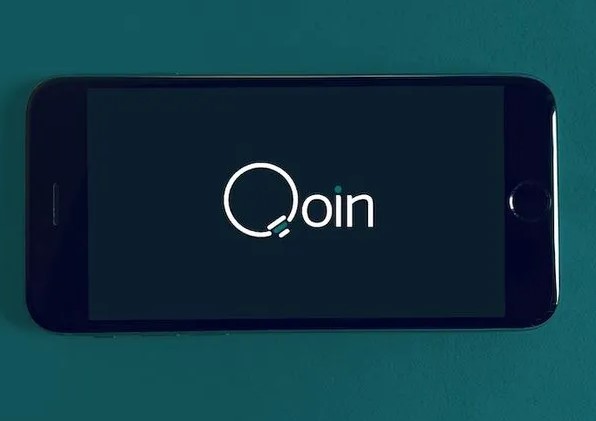Australian court rules unlicensed platform misled investors with unlicensed crypto wallet. ASIC warns of risks and highlights the need for licensed providers.
On Friday, an Australian Federal Court ruled in favor of the Australian Securities and Investments Commission (ASIC) concerning a customer-deceiving unlicensed cryptocurrency platform.
The court noted that BPS Financial, a promoter of Gold Cost cryptocurrencies, purportedly violated the law by endorsing an unlicensed crypto wallet. The company deceived clients by promoting the ‘Qoin Wallet,’ an alternative to currency transactions that utilized the ‘Qoin’ crypto-asset token.
ASIC Chair Joe Longo warned about crypto assets’ highly volatile and hazardous nature, highlighting the need for authorized licenses.
It is paramount to provide investors with plain and accurate information and ensure that service providers possess the necessary licenses and authorizations.
Additionally, Longo emphasized that ASIC has consistently pursued enforcement measures against unlicensed cryptocurrency businesses.
Justice Downes observed that BPS violated the Corporations Act due to its lack of a valid Australian Financial Services license. Additionally, he determined that the company deceived clients by providing inaccurate information regarding Qoin Wallet.
The Accusation Led by ASIC Regarding the Dubious Qoin Cryptocurrency
Qoin debuted in Australia at the beginning of 2020, assuring investors returns in several multiples. The firm asserts that it misrepresented the official registration status of Qoin Wallet, which was different.
Subsequently, business proprietors have voiced skepticism regarding the digital currency’s future. Possible misinformation and the inability of some to cash out have generated concern.
Subsequently, legal proceedings were initiated by Australia’s corporate regulator, which claimed that advertisements endorsing Qoin deceived consumers by creating a false impression.
The advertisements ensured that investors could confidently exchange Qoin for other currencies and that merchants accepted it.
It is possible that more than 79,000 buyers and entities of Qoin were under the impression that the product complied with regulations governing financial services.
Nevertheless, in 2022, the ASIC filed civil penalty proceedings against BPS Financial in the Federal Court, asserting that this was not the case.
At the time, ASIC deputy chair Sarah Court stated, “This is an important case for us because it is the first time we’ve initiated court proceedings alleging that a financial product, namely the Qoin facility, is being offered in exchange for a crypto asset.”



